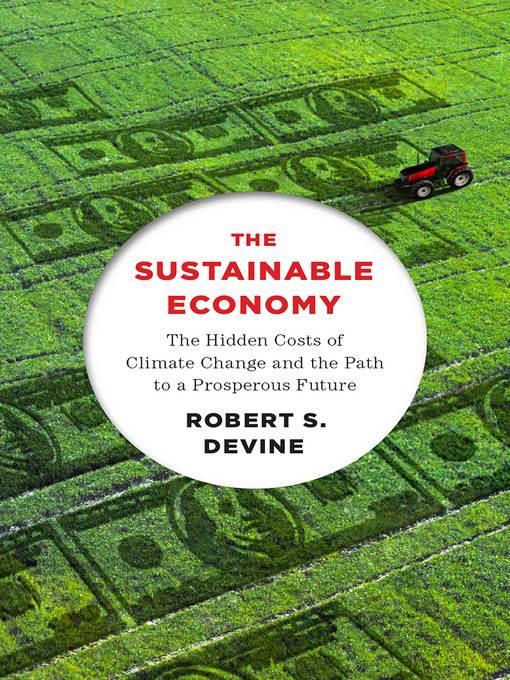
The Sustainable Economy
The Hidden Costs of Climate Change and the Path to a Prosperous Future
کتاب های مرتبط
- اطلاعات
- نقد و بررسی
- دیدگاه کاربران
نقد و بررسی

August 15, 2020
Devine argues that coming to grips with a changing climate involves not just environmental matters, but economic ones as well. The problem of climate change, writes the author, is a market failure, which means that the marketplace is "not optimally allocating goods and services." Part of the problem is that the marketplace is the arena for buying and selling, whereas the environment provides a great many of its services--the air we breathe, the fish in the sea, the sun that nourishes our crops--for free. The predatory capitalism that has emerged in recent years has made significant efforts to monetize those free services, and, as Devine acknowledges, the poor are the first to suffer from their loss. One of the central goals of the "sustainability economics" that he advocates is an equitable distribution of environmental services and greater effort on the parts of wealthy countries to assist developing nations. It helps to have a command of at least Econ 101 to follow some of Devine's subsequent arguments, but the text is mostly accessible. Some of the articles of faith of classical capitalist economics falter when put up against this sustainability economics: The marketplace does not know everything, Devine insists, which is anathema to the libertarians in the crowd, and instead--further anathema--some of the heavy lifting in bringing equity to the marketplace and improving the environment falls on government, which, for the author, is not a word to be spat out in contempt. The principal difference between standard "neoclassical" economics and the sustainability model is that "in the former, biophysical reality gets short shrift; in the latter, biophysical reality rules." Activists, students, and policymakers stand to learn much from this deep dive into environmental economics.
COPYRIGHT(2020) Kirkus Reviews, ALL RIGHTS RESERVED.

























دیدگاه کاربران